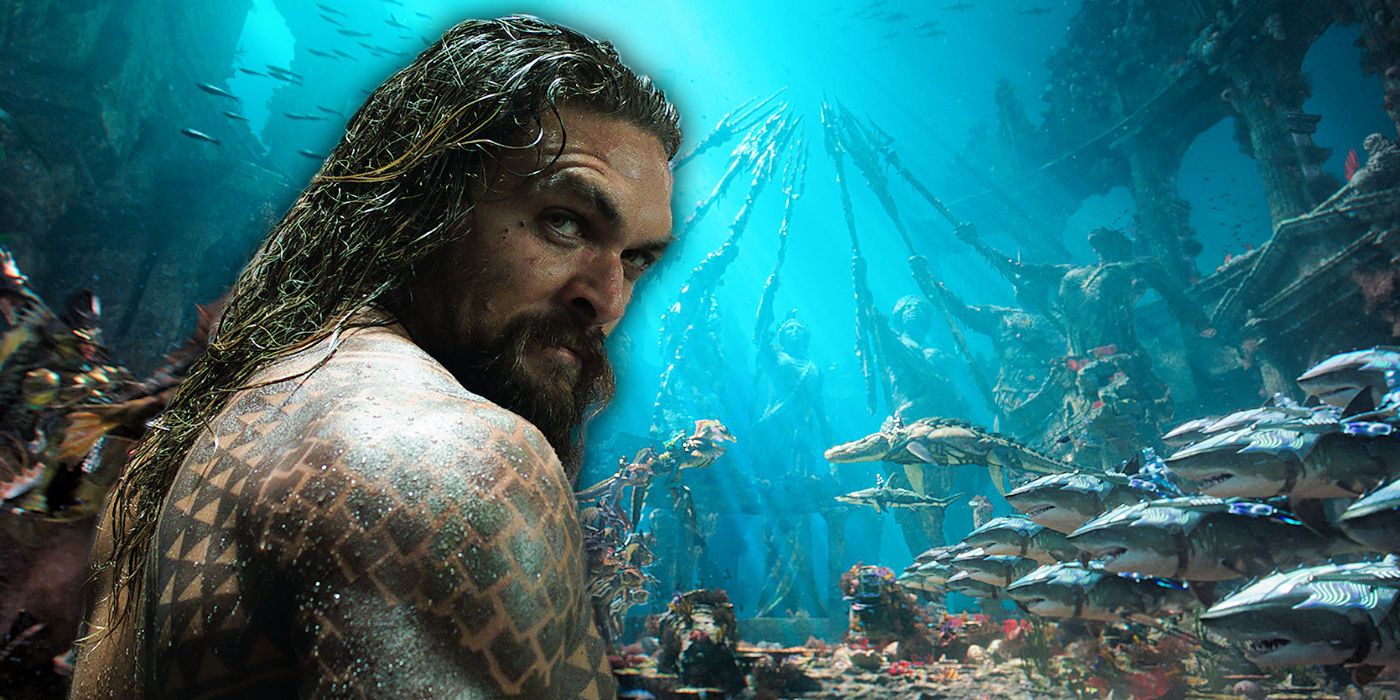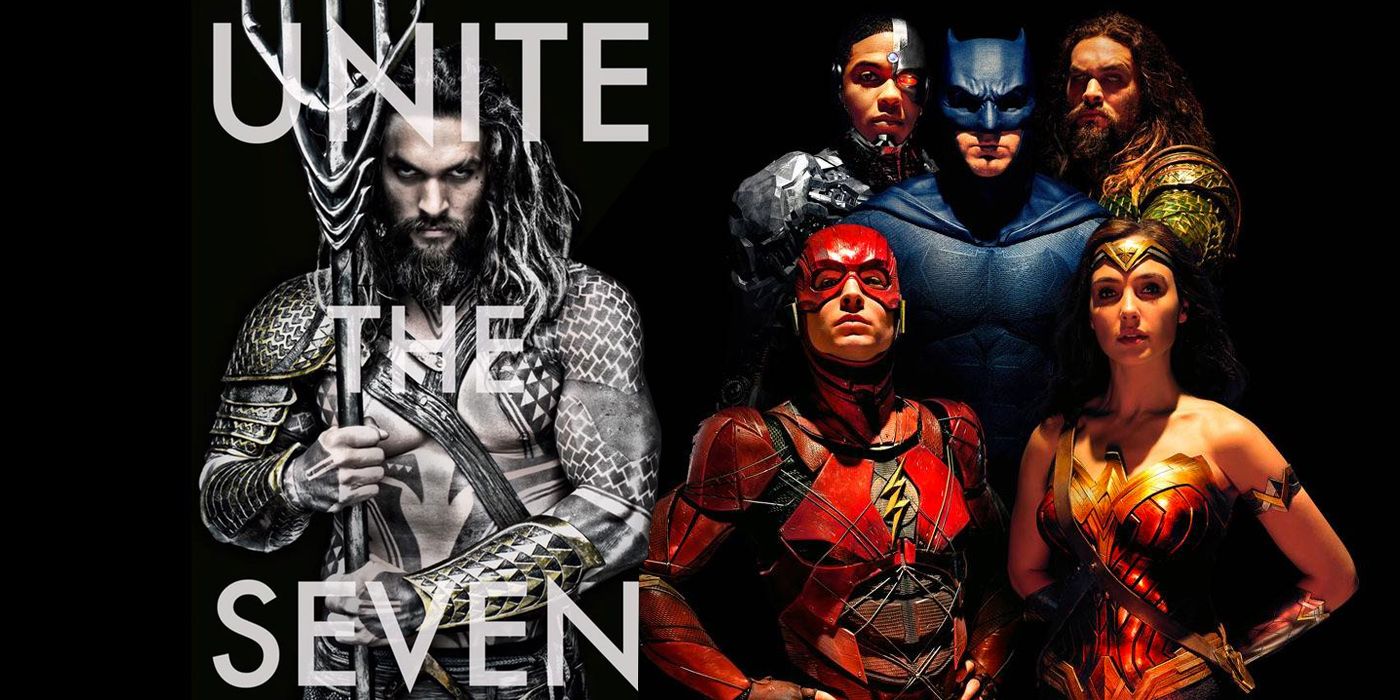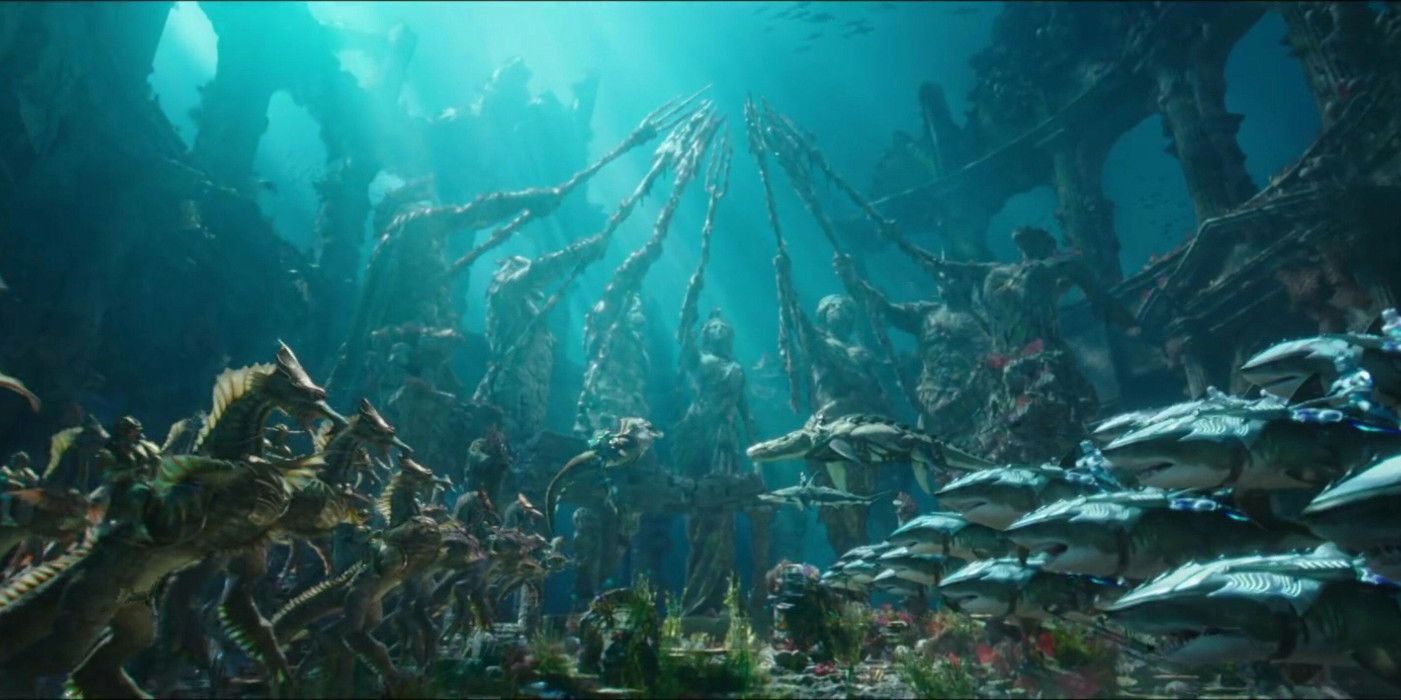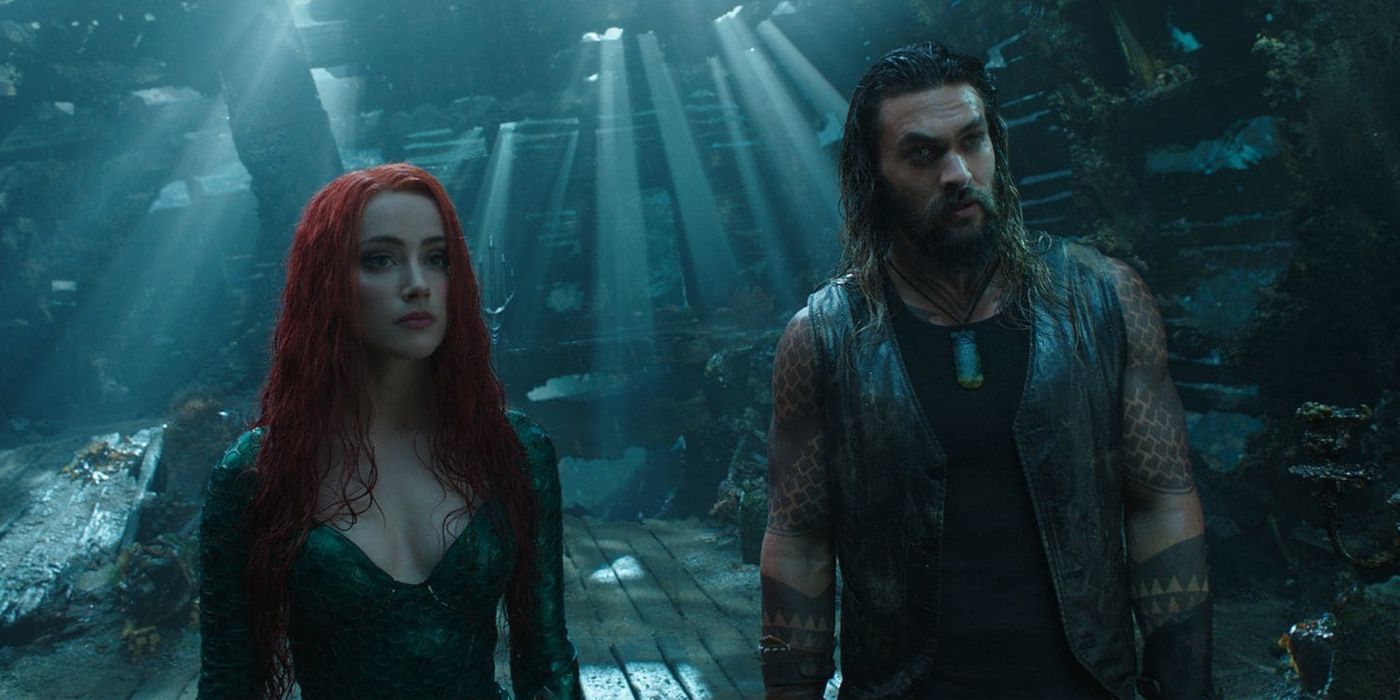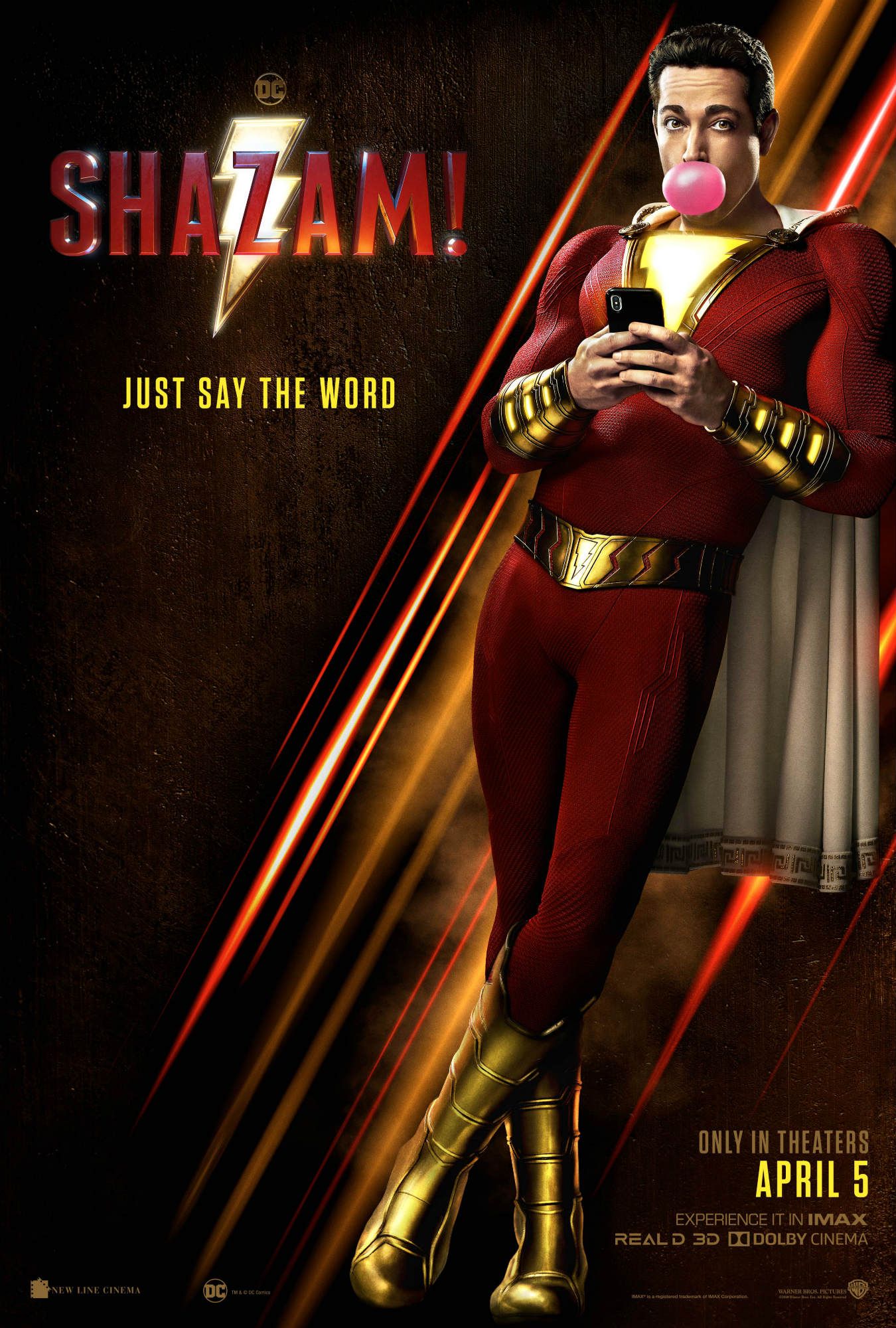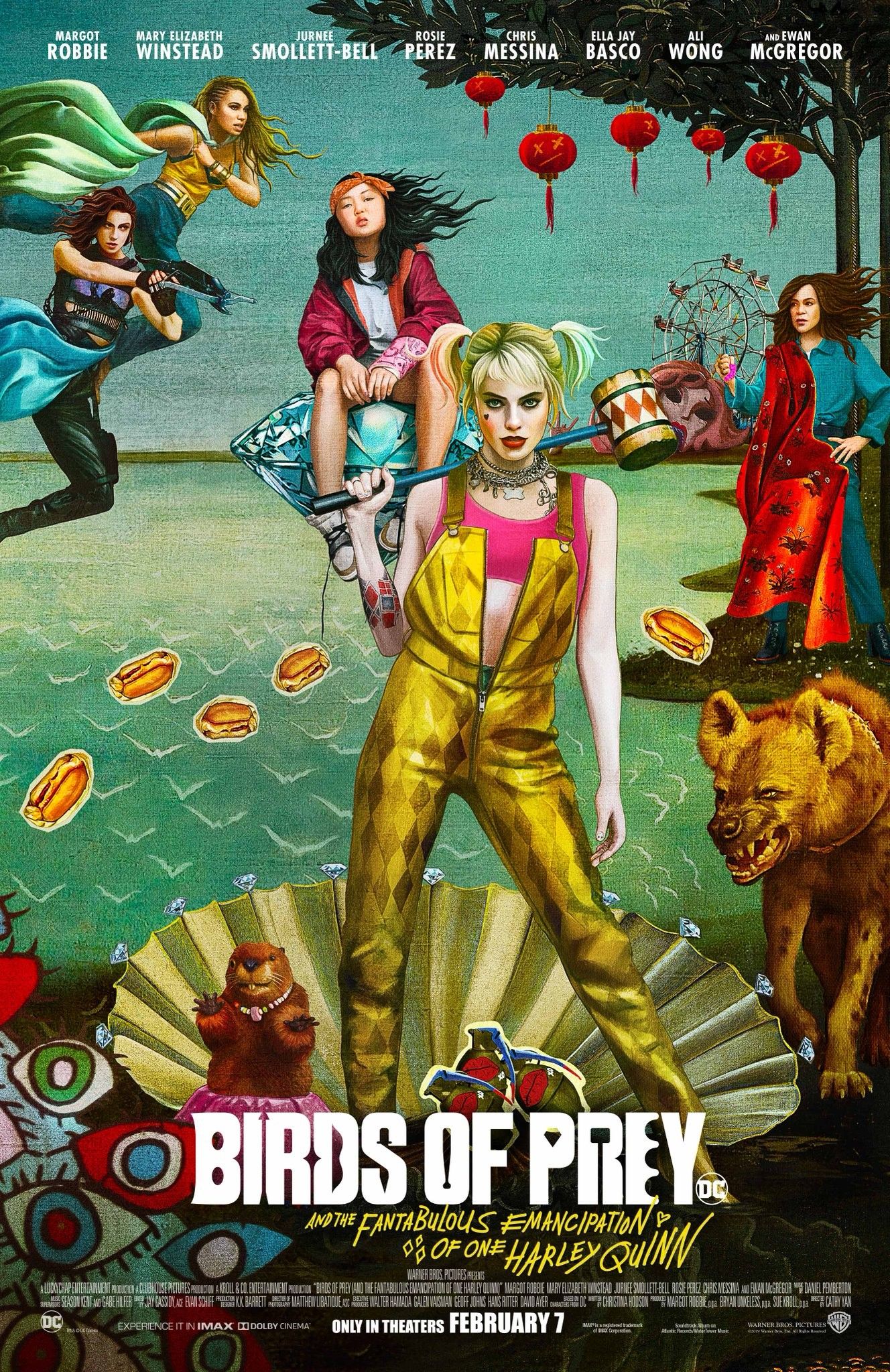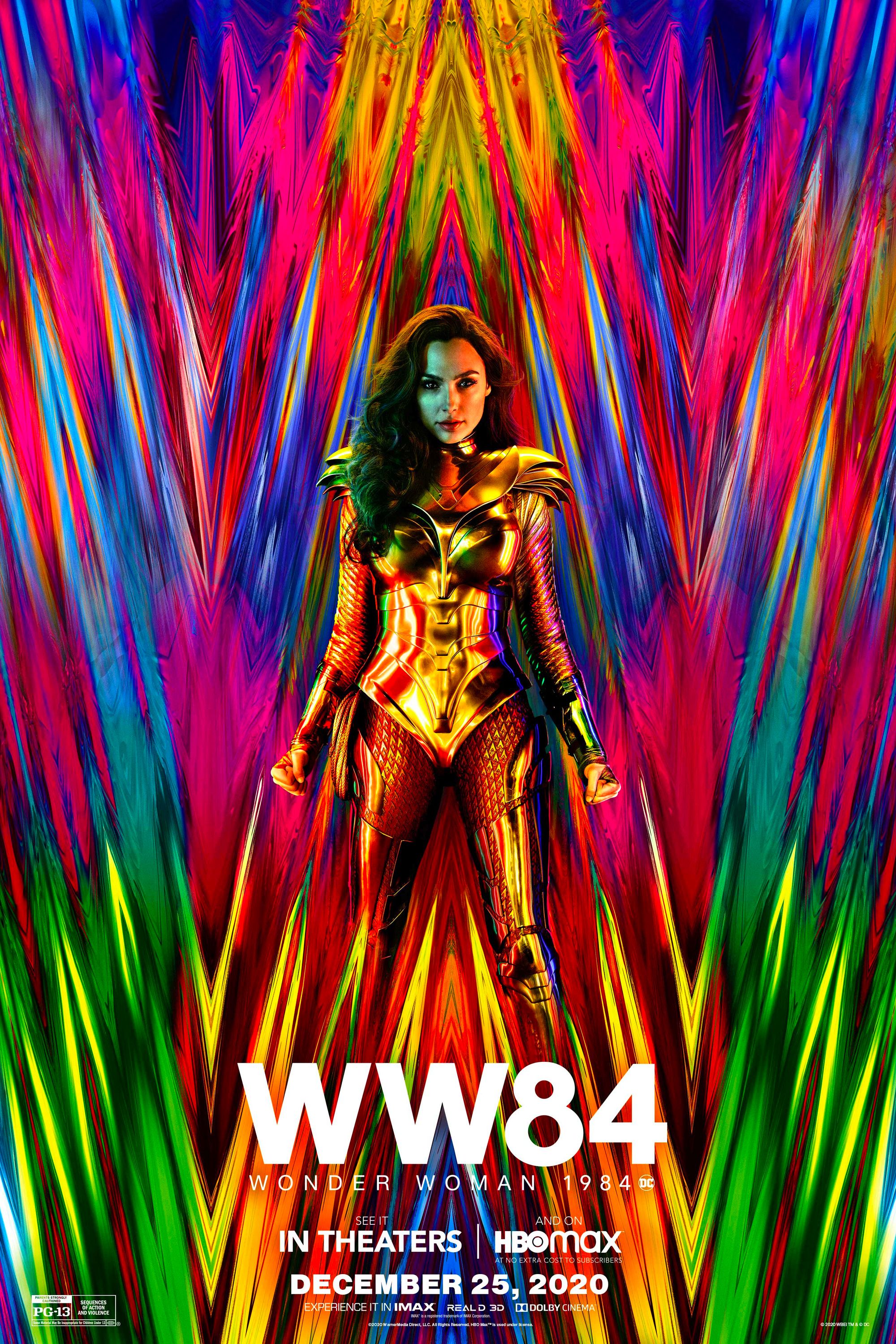Justice League's "Unite the Seven" tagline makes even less sense after the release of Aquaman. The unofficially titled DC Extended Universe has changed shape quite a lot over the last few years. Warner Bros. launched their shared cinematic universe off the back of Zack Snyder's Man of Steel, and Snyder was originally central to their plans for the future. As the years have passed, though, the franchise has had a whole host of high-profile problems - meaning there have been a lot of changes in direction.
It's worth noting that DC's main rival, Marvel Studios, is no stranger to conducting major course-corrections either. Marvel's Phase 3 slate proved a statement of intent rather than a firm commitment, with their plans changing quite dramatically as a result of their Spider-Man deal with Sony. There are a number of prominent clues in Avengers: Infinity War that strongly suggest Marvel hadn't planned their Thanos arc as much as they like to pretend, too. But Marvel's advantage is that they do their pivots in private; with the exception of that Phase 3 announcement, Marvel likes to keep their long-term plans as secretive as possible, thus meaning audiences never really realize that ideas changed in the first place. Warner Bros., on the other hand, are a little more open; in fact, they've had something of a PR problem with the DCEU, with a constant stream of leaks that's given the franchise quite a bad reputation.
Related: Aquaman Is Fixing The DCEU's PR Problem
Ironically, though, one of the most visible pivots from Warner Bros. was related to the initial marketing for Justice League. It promised a very specific character arc for Aquaman - and, in the end, the movie has failed to deliver what was promised, including the "Unite the Seven" tagline that originally introduced Jason Momoa's Aquaman.
- This Page: Justice league's "Unite the Seven"
- Next Page: Aquaman's Seven Kingdoms & DCEU's Future Development
Justice League's "Unite the Seven"
The story of Aquaman begins back in 2015, when Snyder began to market Batman V Superman: Dawn of Justice and Justice League together. Snyder has always been particularly good at social media to generate interest in his films; to this day he uses the Vero platform to interact directly with fans. Back in 2015, the director released a first-look image at Momoa's Aquaman, showing the Atlantean warrior in all his glory. This was Aquaman as he had never been seen before; gone was the blond-haired, blue-eyed man dressed in a bright orange bodysuit. He was replaced with a warrior wielding a quindent. Excitingly, this image was accompanied with a mysterious tagline; "Unite the Seven."
For understandable reasons, it was initially assumed that this tagline referred to the Justice League members. Six members of the Justice League had been officially confirmed; Superman, Batman, Flash, Cyborg, Aquaman, and Wonder Woman. In the comics, though, there are traditionally seven founding members of the Justice League; depending on the timeline, the seventh is either Hal Jordan's Green Lantern or the Martian Manhunter. It was reasonable to assume that Snyder was hinting at the existence of a secret, seventh member. What's more, given the number of nods to the Green Lantern Corps already found in the DCEU, most believed that the seventh Leaguer was a Green Lantern.
Related: Justice League: Every Confirmed Change to Zack Snyder's Version
When Justice League finally released last year, though, there were only six members of the super-team. Although the final theatrical cut was very different to anything Snyder had planned, he's been pretty open about the differences between his version and the one ultimately completed by Joss Whedon. Snyder has given absolutely no hints that he ever considered a seventh member of the team, which means the "Unite the Seven" tagline had to be referring to something else. Given it only appeared on a teaser image for Aquaman, it seemed to relate to that film.
Page 2 of 2: Aquaman's Seven Kingdoms & DCEU's Future Development
Aquaman's Seven Kingdoms Explanation
The main marketing began for Aquaman earlier this year, and it seemed to offer a solution; audiences learned that there were seven different tribes of Atlantis, and the movie's set visit reports confirmed that the seven tribes were Atlantis, The Trench, Xebel, The Brine, The Fisherman Kingdom, and The Missing Kingdom, with the seventh tribe remaining unknown. It was then reported that the Aquaman movie was about Arthur Curry becoming the king of Atlantis and uniting the seven tribes under one united Kingdom.
In the end, though, Aquaman's set visit reports weren't entirely accurate. The plot of Aquaman revolves around Orm's attempt to unite not seven but four kingdoms - Atlantis, Xebel, the Brine, and the Fisherman Kingdom - under his rule. Should he succeed, Orm will be given the honorary title of Ocean Master, and will become commander of the single greatest army on the planet. Although the Trench do indeed appear in Aquaman, they're savage and devolved monsters, and really can't be considered the fifth tribe. And that's where things get even more tricky; the Missing Kingdom are a tribe who apparently retreated back to the Tethys millennia ago, and were rendered extinct when the Tethys closed and the Sahara Desert formed. There is no seventh aquatic race in Aquaman. This clearly can't refer to the seven tribes, then.
Related: DCEU Complete Movie Timeline (From Man of Steel To Aquaman)
Does it refer to the Seven Seas? Some argue that, as King and Ocean Master, Aquaman has become unchallenged monarch of the Seven Seas - thus fulfilling the promise of Snyder's image. While that's probably the most persuasive idea to date, it's not without its problems. During his quest, Aquaman discovers an eighth sea, one that lies at the core of the Earth, accessible only through a portal. Thus, he technically becomes absolute ruler of the Eight Seas, not the Seven.
What Does "Unite the Seven" Tell Us About The DCEU's Development?
It's impossible to say for certain what "Unite the Seven" really means - or even what it was intended to mean. It's reasonable to assume it referred to Aquaman, and given the focus of the film - on uniting the undersea races under a single ruler - there's a strong case for believing it meant the Seven Kingdoms. If that's the case, it indicates the scale of what WB had planned; they originally intended Aquaman to be an epic that explored no less than seven different Atlantean civilizations. In truth, that was too ambitious a goal; the theatrical release struggled to balance just the four main underwater tribes and the Trench, so the addition of another two kingdoms would have overburdened the plot. DC Film's plans were ambitious - but unrealistic.
Related: DCEU Plot Holes Created By Aquaman
Tying in to this, the "Unite the Seven" tagline suggests WB was attempting to plan too far ahead. Rather than focusing on generating excitement for the film he was working on, Snyder was dropping teasers for a project that wasn't due to release for three years, at a time the Aquaman script was still undergoing substantial rewrites. A recurrent problem with the DCEU has been that Warner Bros. has been too confident, not waiting to see how things land before working on the next project. There's a marked contrast here with the Marvel Cinematic Universe; although Marvel first teased The Avengers in 2008's Iron Man, behind the scenes they hedged their bets a little in case something didn't work out. It was only in 2010 that Marvel put non-Avengers projects like Drew Pearce's Runaways on hold in order to focus on the crossover event movie and its follow-up films.
Ultimately, it looks as though the DCEU has moved on from "Unite the Seven." The tagline has essentially been forgotten, and even the set visit reports may have been mildly misrepresented; perhaps a member of the cast or crew originally said the tagline was intended to refer to the Seven Kingdoms. It's possible that the tagline may one day come into play again, perhaps with an Aquaman sequel introducing two more aquatic races. But frankly, DC would be wise to drop it; the franchise has enough to explore in sequels without adding whole new races and tribes into the mix.

